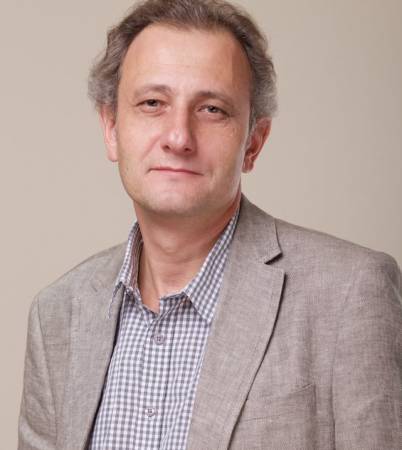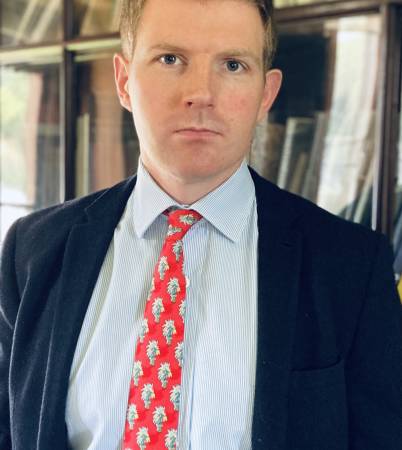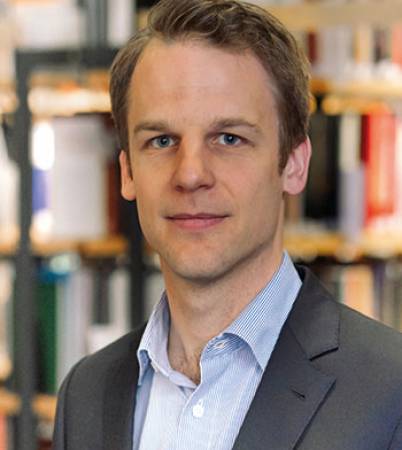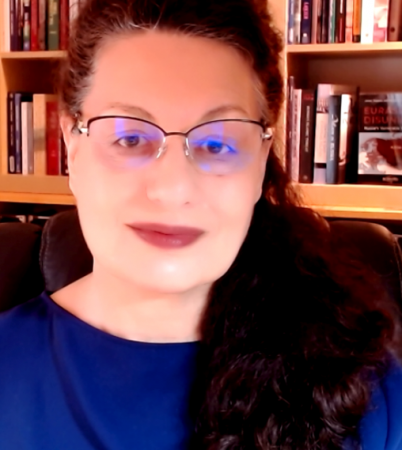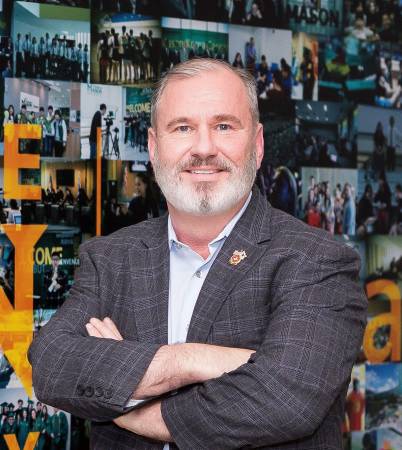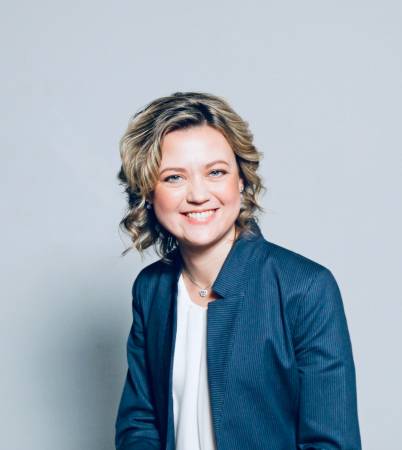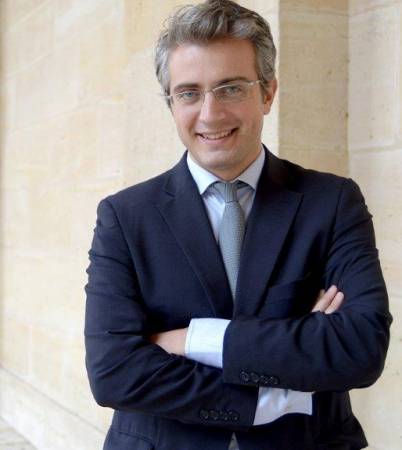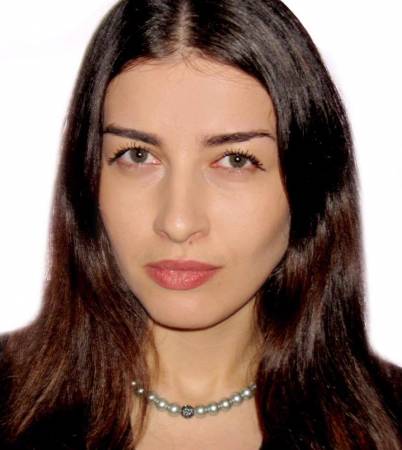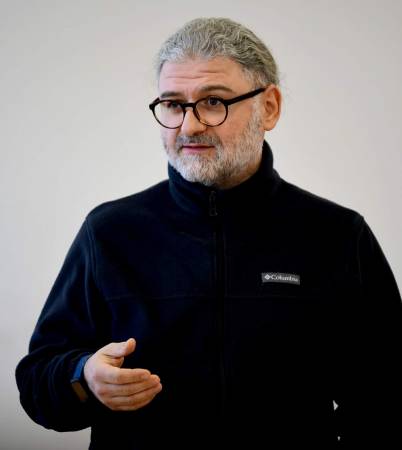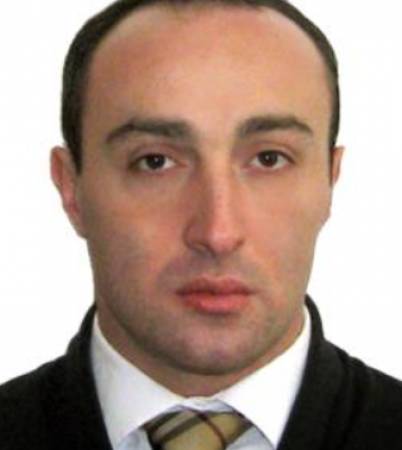
Conference Concept
Within the UG-Security Platform (UGSP) the School of Social Sciences of the University of Georgia (UG) is planning to organize fourth annual conference on June 9, 2023. The major effort of the conference titled "After the War in Ukraine: Prospects and Implications for Europe and South Caucasus," is devoted to the ongoing Russian war against Ukraine, its potential strategic (military and political) outcomes, and impact on regional and international security. We ask speakers and participants to look into the future and attempt to distill in the context of the Russian war against Ukraine the relevant conclusions upon which a general silhouette of the security arrangements in Europe and the South Caucasus can be identified. It implies the institutional dynamics of the EU and NATO, the national strategies of the nations involved, conflicts resolution in post-Soviet space and (new) conceptual proposals for strengthening regional security and cooperation.
The event's aim, which has been initiated since 2019, is to promote a high-level academic and policy-related discussion in which leading foreign and local experts explore the range of provided topics and contribute to generating new (theoretical or policy) concepts, discovering respective solutions and providing recommendations. The conference is primarily designed for established academic researchers, relevant policy experts, representatives of civil society organizations and think tanks, professionals, and individuals with respective analytical backgrounds.
The preliminary conference design includes the first panel to be devoted for key note speakers, the second panel divided into three working groups (workshops) on specific policy issue, to allow invited experts, analysts and researchers to review and discuss multiple policy, strategic options that could contribute to sustainable security mechanisms in Europe and beyond; and the third panel, where the results of the workshop sessions (2nd panel) will be discussed. The discussion and workshop-panel results will be finalized in a follow-up report to be published.
click to download conference conceptAudience:
The Conference discussion is primarily designed for relevant policy experts, civil society organizations and individuals with respective academic background. Invitation will also be extended to Georgian and foreign government institutions, to NATO, EU and member state embassies of these organizations in Tbilisi.
Design of UGSP - Conference:
Major goal of the fourth UGSP annual conference is to look into the future and based on the plausible outcome of the Russia-Ukraine war to discuss and outline the post-war scenario, the framework of the future security architecture in Europe, balance of power in post-Soviet space and prospects of conflicts resolution in this area. Although the state of play in the battlefield and the prospects of political solution are quite vague at the moment it is high time to launch discussions on post-war arrangements and its implications on the European security and beyond.
In order to meet this challenging task, the conference will have specific design consisting of ordinary and experts’ working groups sessions, content wise interconnected and transitioning to each other.
